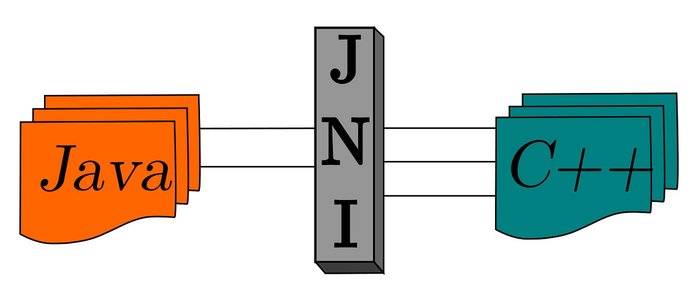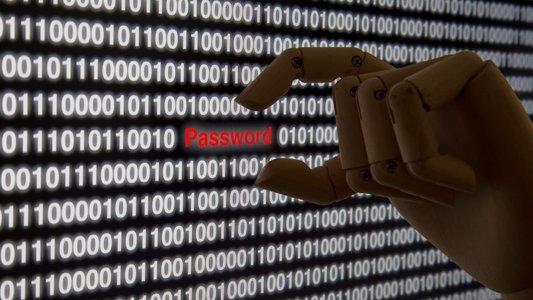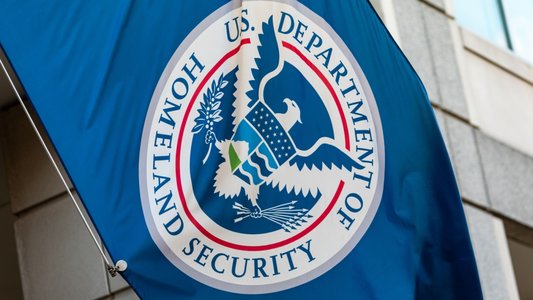US election officials have been urged to take action to counter nation-state influence operations targeting this year’s election cycle.
The joint advisory from the Cybersecurity and Infrastructure Security Agency (CISA), Federal Bureau of Investigation (FBI), and the Office of the Director of National Intelligence (ODNI), warned that Russia, China and Iran are engaged in influence operations designed to undermine confidence in US democratic institutions and shape public perception toward their interests.
These malicious cyber campaigns will be ramped up around the US elections taking place in November 2024, including the Presential Election.
The influence operations seek to amplify division, exploiting perceived sociopolitical divides across US society.
These actors use a variety of methods to conduct such operations and are experimenting with technologies such as generative AI and deepfakes to push their narratives, the agencies noted.
Read here: China Using AI-Generated Content to Sow Division in US, Microsoft Finds
How Hostile States Will Target US Elections
The advisory set out a range of tactics hostile nation-state actors are likely to use to target the US elections process this year.
The tactics expected are based on recent foreign malign influence campaigns and approaches used to target previous US elections.
- Portraying ‘proxy’ media entities as trustworthy outlets. Foreign malign influence actors seek to make proxy media sources blend in with real media sources to increase the chance that target populations will believe their message. For example, Russia-linked proxy news sites have been observed masquerading as US local news outlets, mixing actual news reports with Russian disinformation.
- Voice cloning of public figures. Deepfake technologies are making it easier for nation-state actors to create a fake recording of a public official or figure to falsely attribute statements to them.
- Cyber-enabled information operations. Nation-state attackers have been observed coordinating information operations and cyber intrusions, such as compromising an IT system to steal sensitive internal documents, then publish those documents as ‘leaks.’
- Manufacturing false evidence of an alleged security incident. Foreign threat actors can create and spread false ‘proof’ of cyber or physical incidents to create alarm. For example, Chinese influence actors spread fabricated documents alleged hacked from Taiwanese government systems to try and influence Taiwan’s 2024 elections.
- Pay influencers to push their message. Nation-states will pay established internet entities, such as online influencers with an existing follower base, to push content aligned to their influence goals. The influencers in question are often unaware of the requestor’s origin.
- Leveraging social media platforms. Fake social media accounts and personas are often created to spread disinformation and engage with other users on these platforms. These personas are sometimes intended to infiltrate targeted online communities and develop their own following.
No tags.


































